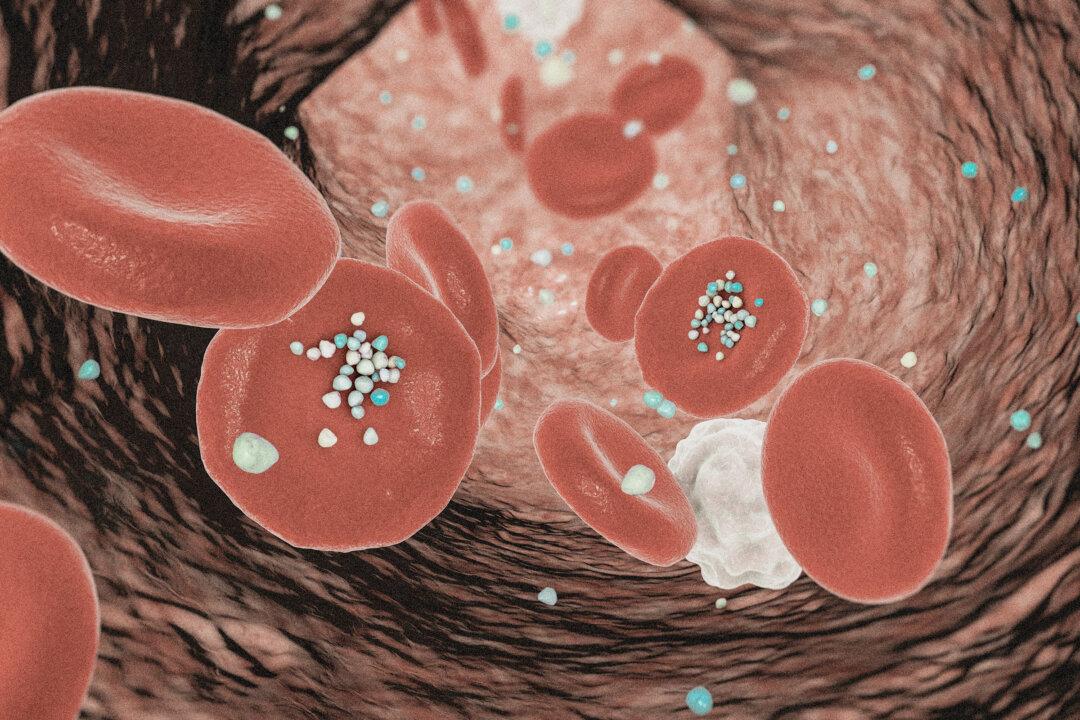A type of fat found in commonly used seed oils has been linked to faster growth of one of the most aggressive and difficult-to-treat forms of breast cancer.
A recent study found that high linoleic acid consumption activated a critical growth pathway in cancer cells.
Given that the study was conducted with mice, its findings may not be translatable to humans.
Linoleic Acid Linked to Tumor Growth
Linoleic acid is an essential fat needed in our diet, but its effect on the body is still a matter of contention.In the study, researchers fed mice a diet rich in linoleic acid. They discovered that it triggered a process that sped up the growth of breast cancer. The diet high in linoleic acid resulted in elevated levels of FABP5, a protein closely linked to triple-negative breast cancer, an aggressive subtype of breast cancer.
The authors also observed higher levels of both FABP5 and linoleic acid in tumors and blood samples from patients recently diagnosed with triple-negative breast cancer.
Increased Dietary Intake of Omega-6
Linoleic acid is an essential fat, critical for many functions in the body, including cell growth and development. Other studies have shown that eating high levels of linoleic acid is associated with a slightly lower risk of death from heart disease and cancer.Since the 1950s, the prevalence of omega-6 in Western diets has soared.
Aderet Dana Hoch, registered dietitian nutritionist and owner of Dining With Nature, told The Epoch Times that linoleic acid is primarily found in vegetable oils such as soybean, corn, and sunflower, which are widely used in ultra-processed foods, packaged snacks, fast food, and convenience meals because of their low cost.
“It is also present in smaller, natural amounts in meat, poultry, nuts, and seeds,” she said.
The Omega Imbalance
Currently, the typical U.S. diet contains significantly more omega-6 fatty acids than omega-3 fatty acids, with estimates suggesting 14 to 25 times more omega-6 than omega-3. This imbalance is concerning, because while omega-3 is known for its anti-inflammatory properties, omega-6 can potentially promote inflammation when consumed in excess.Chronic inflammation is one of the leading drivers of various types of cancer and other chronic diseases, Emily Feivor, registered dietitian nutritionist at Long Island Jewish Forest Hills hospital in New York City, told The Epoch Times.
Practical Dietary Recommendations
There are several ways people can work to balance their omega intake:- Limit processed and ultra-processed foods, which are the biggest contributors to excessive omega-6 consumption.
- Increase intake of omega-3s by eating grass-fed varieties of meat and eggs.
- Eat cold-water fatty fish two to four times per week.
- Switch from seed oils to olive or avocado oils for cooking.
- Consider taking an omega-3 supplement after consulting with a health care provider.
Future Research Directions
The study authors pointed out that previous research on omega-6 fatty acids has produced mixed results and often lacked clarity on how these fats affect cancer risk. They wrote that their research is focused on clearing up those uncertainties, especially in relation to breast cancer, which has also been linked to lifestyle factors such as obesity.Blenis and his team said they plan to continue exploring the effects of omega-6 fats and FABP5 on other health conditions. They suggested that there may be broader implications for other cancers and chronic diseases such as obesity and diabetes.
“The illumination of FABP5’s importance in this process suggests, moreover, that it could be a good ‘biomarker’ to guide more personalized nutritional and therapeutic interventions for patients with triple-negative breast cancer, which currently lacks any targeted therapy,” Blenis said.
This study is thought to be the first to establish a specific mechanism through which this common dietary component influences disease, potentially opening new avenues for both prevention and treatment of aggressive cancers.






